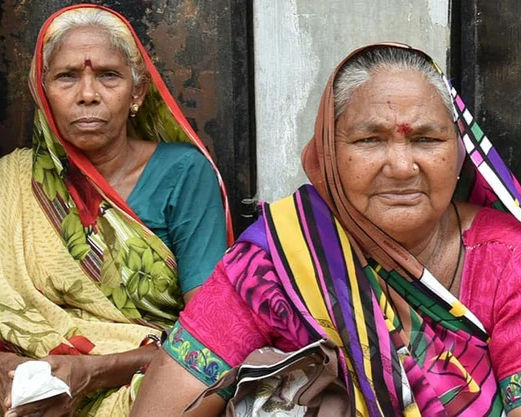Tata Power Community Development Trust (TPCDT)
- The 4th Wheel

- Aug 20, 2025
- 2 min read
Updated: Aug 27, 2025

Tata Power Community Development Trust (TPCDT)
Empowering women through a Self Help Group toolkit and guidance document
Partner/Client
Tata Power Community Development Trust (TPCDT)
Sector
Self Help Group Development
Location
Maharashtra, Gujrat, Odisha, Jharkhand, West Bengal, Delhi, Karnataka, Tamil Nadu, Andhra Pradesh

Key Highlights
As a part of their Corporate Social Responsibility (CSR), Tata Power has been engaged with the formation of Self-Help Groups (SHGs)across 15 Indian states.
All SHG efforts are undertaken by TPCDT with 3 major goals- increased economic independence, improved social developmental indicators and enhanced access to government entitlements and political participation.
Currently, there are around 2291 active groups with approximately 16,000 members, but all SHGs are at different stages of growth and progress.
The toolkit was developed with the objective to develop standard processes and expected impacts of SHG interventions across sites and fuel cross learning within the organization and external users and practitioners.
The toolkit was developed over a period of 6 months from February to August 2022.

Approach
The toolkit has been prepared through extensive secondary research and an in-depth understanding of Tata Powerʼs engagement with SHGs.
Existing documents relating to Tata Power program strategies and implementation were reviewed to understand available data and define the scope of the toolkit.
Secondary literature review was conducted to further substantiate available data and align existing content to national and international standards and priorities.
Key stakeholders across Tata Power’s CSR Implementation Team, SHG leaders, and NGO Partners were interviewed using a combination of telephone interviews, video calls and on-field visits.

Insights & Findings
Tata Power has initiated various innovative programs to engage SHG members either through entrepreneurship development or forming collective enterprises.
Some states such as Maharashtra have developed SHG Federations to scale economic operations and provide better access and linkage to various government schemes and benefits.
While there exists valuable learnings and insights from various states implementing the SHG programs, there is a need to collect evidence on how SHGs as a platform can improve socio-economic conditions of women and their communities.
Each state team had a host of stories and insights into the successes and failures of SHGs, however these were not documented or leveraged to lead to more efficient and effective implementation of SHG programs.
Recommendations / Value Additions
Documenting information and results on SHG performance helps to strengthen the SHG activities and improve collaboration between SHGs, panchayats and district authorities.
A comprehensive set of impact goals and related performance measurement indicators was provided as a part of the toolkit to ensure all teams are aligned and take relevant and effective actions in the right direction.
It was recommended that a robust data management system should be used that would objectively profile SHGs, assess its performance using standardized templates, and provide a thorough understanding of the impact and effectiveness of its economic and developmental programs.




Comments